With the release of the Mac mini M4 and Mac mini M4 Pro models in 2024, Apple has brought significant improvements in performance and power efficiency. However, like any new device, users have reported encountering some display-related issues, especially when using multiple monitors or connecting high-resolution displays such as 4K and 5K. In this blog, we will explore the common problems faced by users of the Mac mini M4 and M4 Pro and provide practical, actionable solutions to fix them.
1. Mac mini M4 / M4 Pro Won't Recognize 4K/5K Displays
Problem:
Many users with 4K or 5K monitors report that their Mac mini M4/M4 Pro either fails to recognize their monitors or defaults to a lower resolution, leading to poor image quality or a blank screen.
Solution:
- Use High-Quality Cables: Ensure that you're using HDMI 2.1 or Thunderbolt 4/USB-C to DisplayPort cables. The Mac mini M4 series supports high resolutions through these ports, but low-quality cables may not support higher resolutions like 4K or 5K.
- Update macOS: Make sure your macOS is up-to-date by going to System Preferences > Software Update. Apple frequently releases patches that improve hardware compatibility.
- Set Correct Resolution Manually: If the monitor is not detected properly, go to System Preferences > Displays and manually select the appropriate resolution for your 4K or 5K display. The Mac mini M4 supports scaling, so you may need to adjust this for the best image quality.
- Thunderbolt Port for Better Performance: If you're using multiple monitors or a high-resolution display, connect the display via Thunderbolt 4 for more reliable performance compared to HDMI.

ZEERA MacForge Gen2 CNC Aluminum Case for 2024 Mac Mini M4
Protect your Mac Mini M4 with this CNC aluminum case designed for improved cooling and a professional, sleek aesthetic.
Shop Now2. Screen Flickering or Artifacts on 4K/5K Monitors
Problem:Some users experience flickering or screen artifacts when using high-resolution monitors with their Mac mini M4 or M4 Pro. This can happen due to issues with the graphics output, cable quality, or refresh rate settings.
Solution:
- Check Your Cables: Ensure you're using certified cables designed for high-resolution displays. For 4K or 5K monitors, use HDMI 2.1 or Thunderbolt 4 cables that are capable of handling higher refresh rates without causing flickering or visual artifacts.
- Adjust Refresh Rate: Navigate to System Preferences > Displays and adjust the refresh rate to match your monitor’s capabilities. For 4K monitors, a 60Hz refresh rate should be selected for smooth operation.
- Disconnect Non-Essential Devices: Disconnect other USB peripherals or external devices that could be overloading your Mac mini's GPU, particularly if you are running multiple displays.
3. Mac mini M4 / M4 Pro Not Adjusting Resolution Automatically
Problem:Some users report that their Mac mini M4 or M4 Pro does not automatically adjust to the correct resolution when connecting to a 4K or 5K monitor. The display might appear blurry or show incorrect scaling.
Solution:- Manually Set Resolution: Go to System Preferences > Displays and select the Scaled option. From there, you can manually choose the correct resolution for your display. This is especially useful for 4K/5K monitors that may not automatically detect the proper scaling.
- Enable HiDPI Mode: High-resolution monitors like 4K or 5K often need HiDPI scaling for better clarity. You can enable HiDPI mode using third-party tools like SwitchResX, or by using Terminal commands to get crisp text and images on Retina displays.
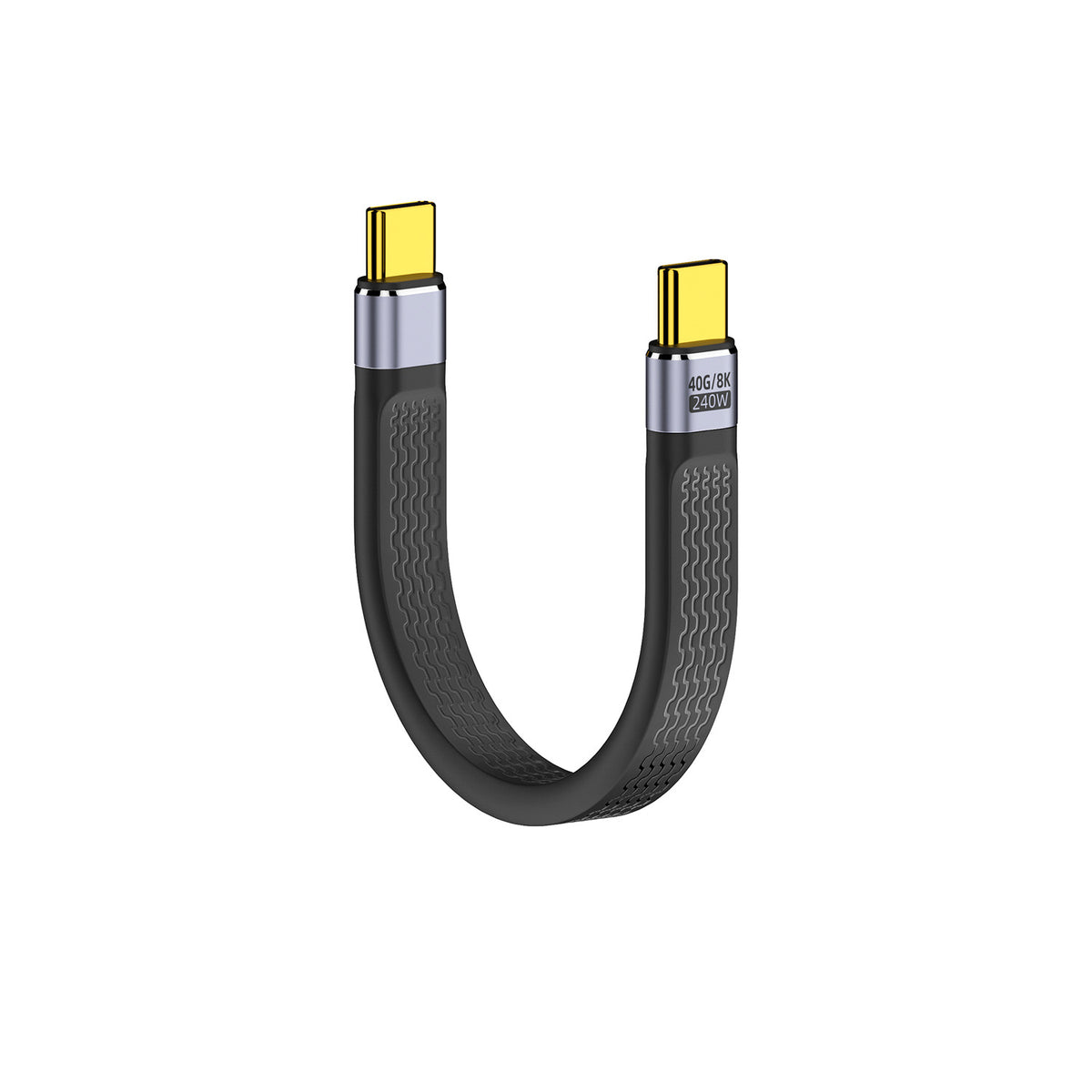
ZEERA FlexUSB Pro 240W USB-C Short Cable
Double the Speed and Battery Life of Your MagSafe Power Bank —Without the Overheating!
Shop Now4. Multiple Display Setup Issues
Problem:When connecting multiple monitors to the Mac mini M4 or M4 Pro, users report that some of their monitors do not work properly. This includes issues like blank screens, incorrect display arrangements, or misaligned screens.
Solution:- Use Thunderbolt Ports for Best Results: For a multi-monitor setup, it’s best to use Thunderbolt 4 ports, as they offer higher bandwidth and better support for high-resolution displays. If you're using HDMI, make sure your monitors support multiple display inputs.
- Manually Configure Display Arrangement: If your monitors are not aligning correctly, go to System Preferences > Displays > Arrangement and manually adjust the positioning of your screens. This allows you to align them as they appear physically on your desk.
- Update macOS and Check Display Drivers: Sometimes, multi-display issues can be fixed by updating your macOS or installing the latest drivers. Always ensure your system is running the latest software version.
5. Display Not Waking After Sleep Mode
Problem:Some users face the issue where their Mac mini M4 or M4 Pro won’t wake up from sleep mode when using an external display. The monitor remains blank or shows a flickering screen upon waking.
Solution:- Adjust Energy Settings: Go to System Preferences > Energy Saver and ensure that settings like Prevent computer from sleeping automatically when the display is off are turned on. This ensures the Mac mini can maintain the connection to external monitors.
- Reset NVRAM/PRAM: If your Mac mini is not waking up properly from sleep, try resetting the NVRAM/PRAM. Restart the Mac mini and hold down Option + Command + P + R during startup until the system restarts.
- Disable Display Sleep: If display sleep is causing the issue, go to System Preferences > Displays > Energy Saver and uncheck the option to let the display sleep.
6. Blurry Text or Poor Image Quality on 4K/5K Monitors
Problem:Some users notice that text appears blurry or images are not as sharp when using high-resolution displays like 4K or 5K with the Mac mini M4 or M4 Pro.
Solution:- Check Display Scaling Settings: Go to System Preferences > Displays and ensure that the Scaled option is selected. Choose the appropriate resolution and scaling to optimize the clarity of text and images.
- Enable HiDPI Scaling: If text and icons look blurry on your 4K or 5K display, you can use HiDPI scaling to sharpen them. This may require third-party software like SwitchResX or enabling this feature in the macOS terminal.
- Check for External GPU (eGPU) Support: If you're using complex graphical applications or high-resolution displays, you might consider using an external GPU (eGPU) for additional processing power. This can resolve issues with performance and image clarity.

ZEERA Aluminum Alloy MagSafe Kickstand Cooling Case
ZEERA Aluminum Alloy MagSafe Kickstand Cooling Case: Featuring a Futuristic Mechanical Aesthetic for iPhone 16 Pro Max
Shop Now7. Mac mini M4 / M4 Pro Doesn't Support 4K at 60Hz
Problem:Some users find that their Mac mini M4/M4 Pro does not support 4K at 60Hz on certain monitors, with the display defaulting to 30Hz instead, which can cause stuttering or poor visual quality.
Solution:- Use HDMI 2.1 or Thunderbolt: Ensure that you are using a HDMI 2.1 cable for 4K at 60Hz or connecting via Thunderbolt 4 (USB-C). These ports are capable of supporting 4K at 60Hz, unlike older HDMI standards.
- Adjust Display Settings: Navigate to System Preferences > Displays and ensure that your monitor is set to 60Hz under the Refresh Rate setting.
8. No Audio from External Monitors with Built-in Speakers
Problem:Users report that their Mac mini M4/M4 Pro does not output audio to external monitors that have built-in speakers, even though the display is showing video correctly.
Solution:- Select Audio Output Manually: Go to System Preferences > Sound, and under the Output tab, select your external monitor as the audio output device.
- Check HDMI Cable: Ensure that the HDMI cable you're using supports both video and audio. Not all HDMI cables support audio, so make sure you're using a cable designed for both.
- Monitor Settings: Check if your monitor requires any specific settings for audio output, especially if the monitor has multiple input sources.







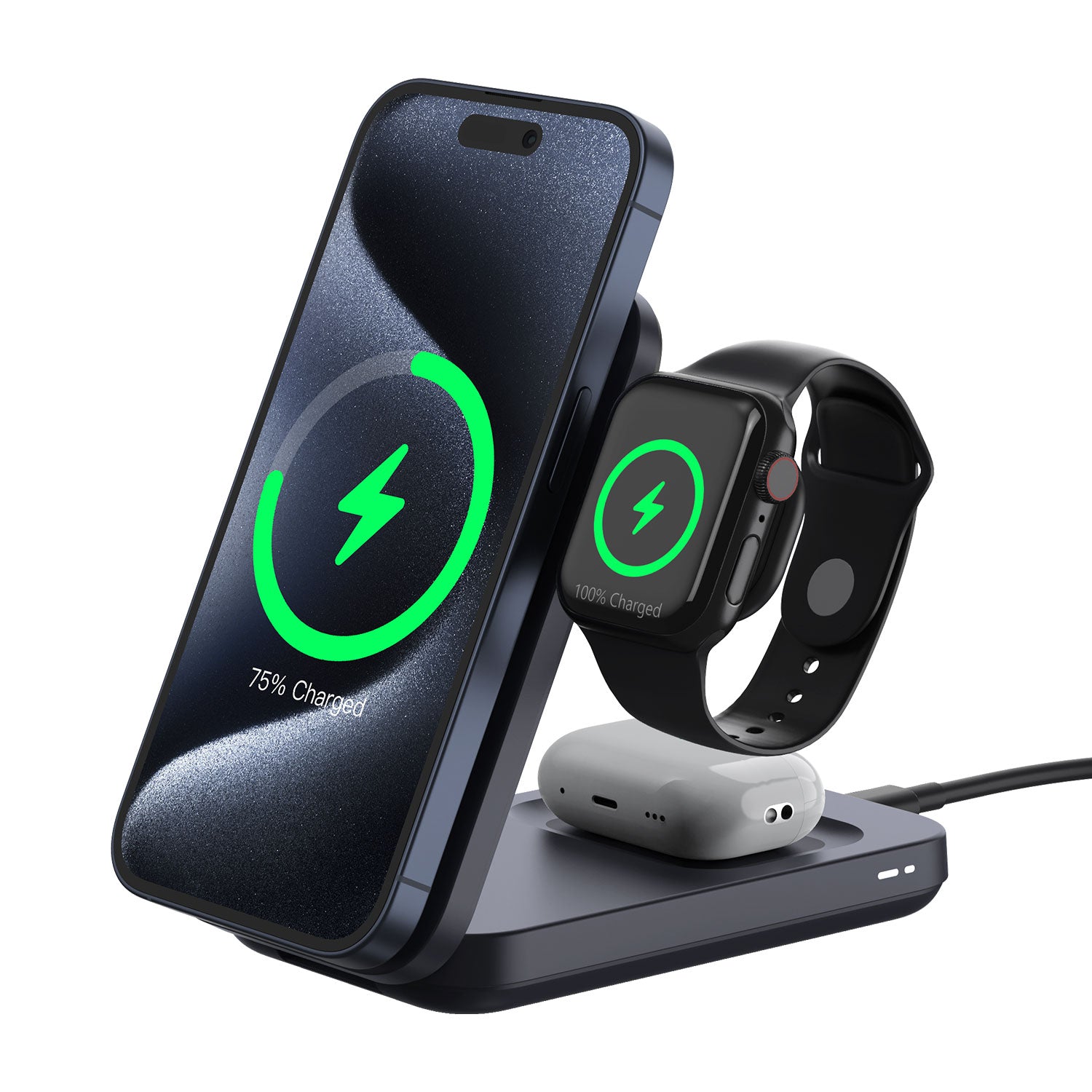

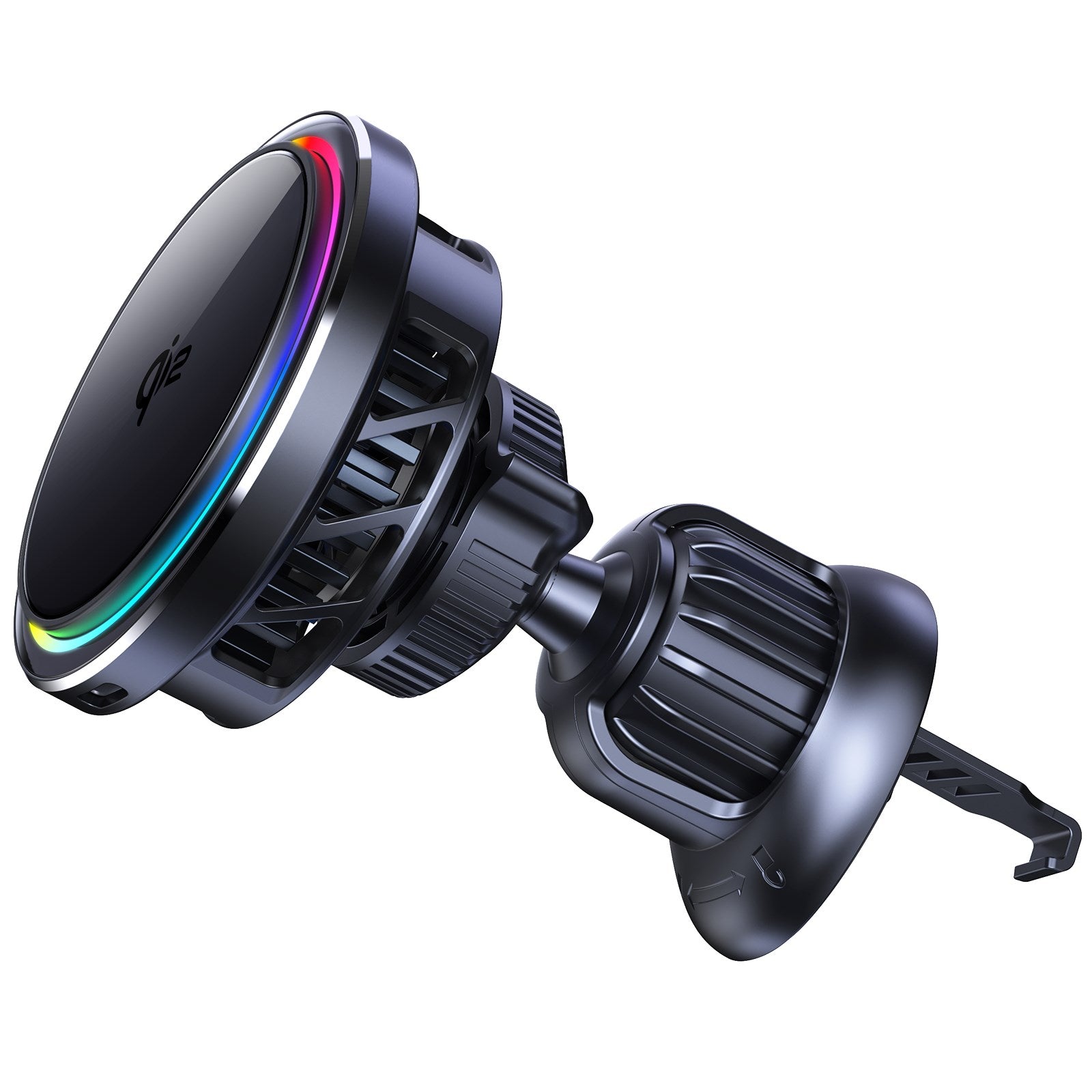
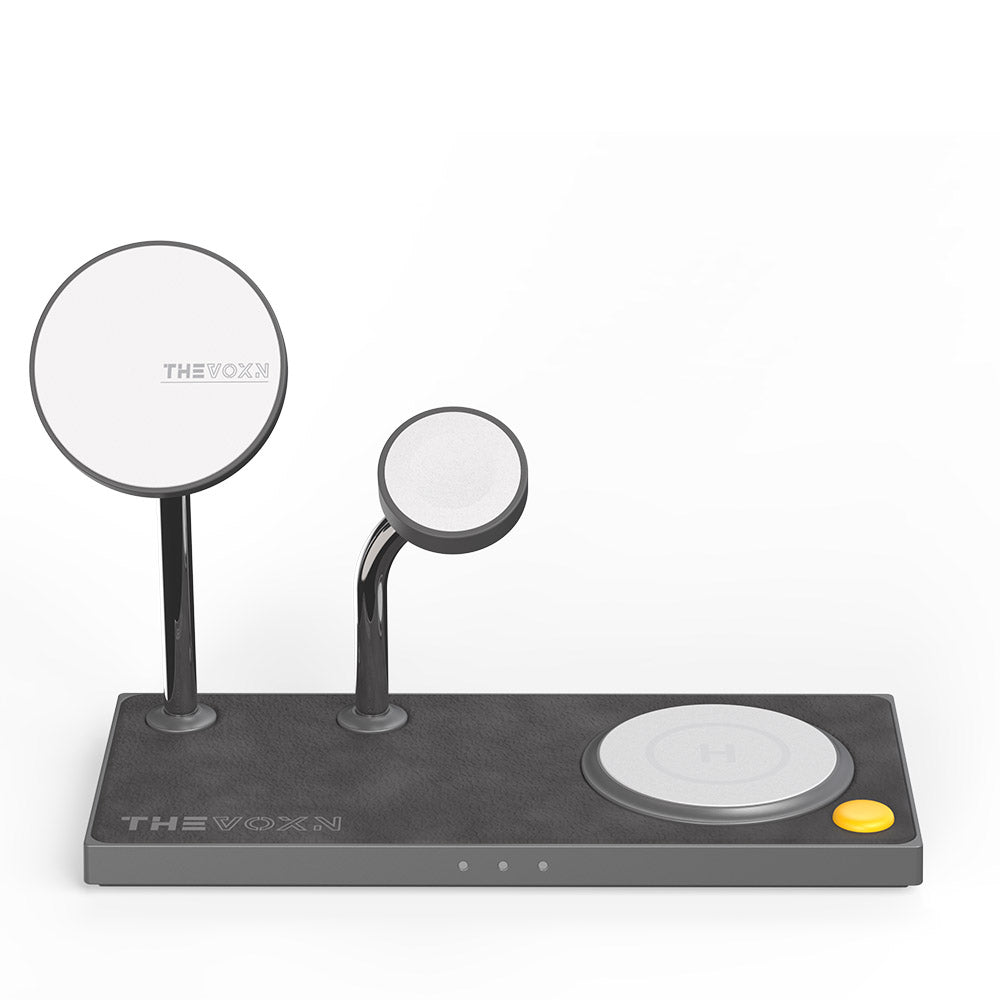
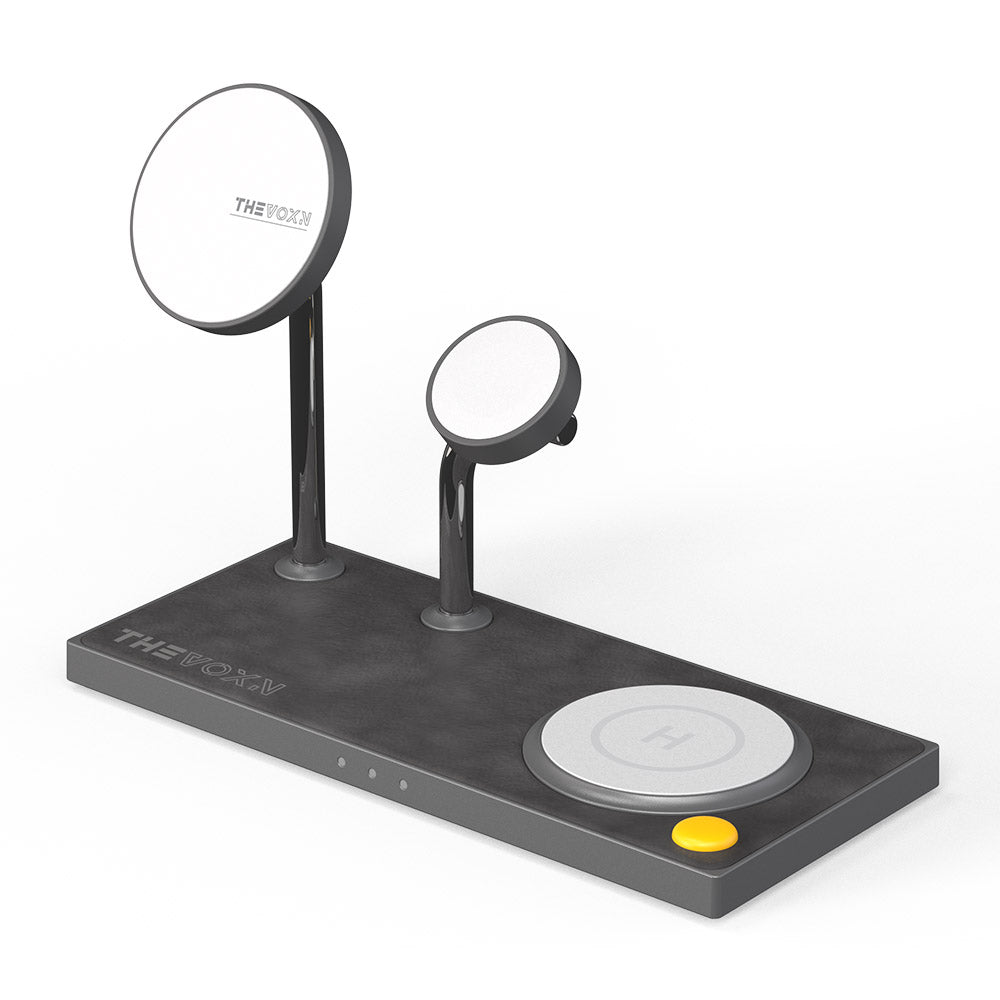
1 comment
Bederna Laszlo
Hi,
We bought Mac mini M4 and connect two EIZO 2335W monitors. One hdmi and another USB-c to DP cable. The second monitor after 5-10 minutes working flickering !! And can’t setup refresh rate for this monitor (inactive/ not showing). When i change to another monitor (HP or Dell), not flickering !!!!
If i connet usb-c to DVI cable (EIZO) and shutdown monitor and wait 10-20 minutes, after power on, not flickering 1-2 hours, but after this time again changing flickering and not flickering !
Thanks